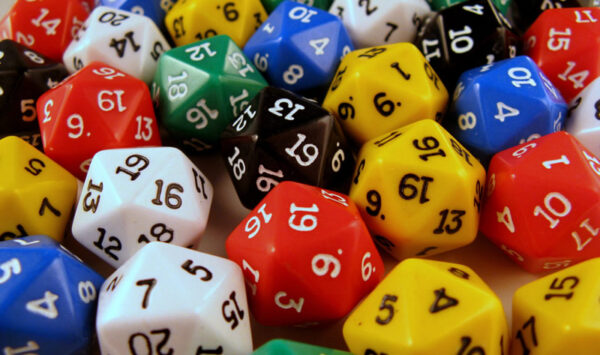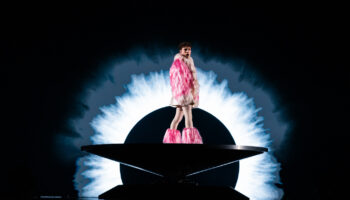As the dust and glitter settles, we make a brief analysis of this year’s Eurovision Song Contest results, which – as always – continue to inspire debate, discussion and endless what-ifs amongst fans.
Eurovision winners rarely pass without debate or some controversy, and 2016 looks set to stir more than ever. It is, of course, the first time that a country has won Eurovision without topping either the televote or the jury vote. It has happened that a winner has failed to top at least one of these – for instance, Sweden’s Måns himself, who was beaten by Italy in the 2015 televote – but Jamala’s two seconds set a precedent that some are uncomfortable with. Russian writer Filipp Kirkorov has already taken to social media to decry the new system, claiming that biased juries had hobbled Sergey Lazarev’s chances for the win.
The system of vote combination has caused consternation in some quarters, too. Fan stats posted on social media applied the 2015 contest rules to the 2016 results, resulting in a top three order of Australia – Ukraine – Russia. Of course, Eurovision Song Contest rules change from year to year, and it is not the first time that a different winner can be reimagined by substituting the regulations of another edition; in 1991, France’s Amina might have snatched the prize from Sweden’s Carola, had the count-back rule taken into account the number of voting countries, as in later years.
Factoids and firsts
Away from the top three, there are plenty more interesting factoids, firsts, and curiosities about the results. Bulgaria, for instance, seems to be a country which either under- or overachieves at Eurovision, with little in between. Their record in Eurovision finals is, subsequently, nothing short of superb, if only for lack of entries! Poli Genova’s triumphant, record fourth place for the country joins Elitsa & Stoyan’s 2007 fifth place as one of two top five finishes – as well as the only two occasions Bulgaria passed successfully to a final.
France also bounced back from a string of dire to mediocre results, achieving its best placing – sixth – since Sandrine François’ entry in 2002. It is also only one of three top ten placings in that time, bringing some well-needed success to the Big Five competitor.
The UK may not have a sixth place like France to sooth its scoreboard pain, but there may be some comfort in the fact that the Brits heard their first douze points announced at Eurovision since Blue’s 2011 gift from Bulgaria.
From zero to hero (or 7 to 229)
Poland now boasts the greatest disparity between jury and televoting results in a Eurovision final, scoring third place amongst the viewing public and only 25th place with professional juries. This beats the UK’s 2011 mismatch of 22nd place (juries) and 5th place (televoting). Unlike the UK that year, Poland’s huge bronze medal points haul lifted it easily into the top ten, for only the third time ever in the country’s Eurovision history.
Similarly, Austria managed to win the home crowds but not the hearts of jury members this year, particularly in the first semifinal. Zoë managed to secure an impressive second place against favourites Russia in the televote, carrying this support over to secure a left-side finish on the final Saturday scoreboard.
Double trouble
Unlucky Germany becomes the first country to finish last at a final two years running since Malta ticked off this dubious achievement back in 1972 and 1973. It is in fact the second time Germany has managed the feat in the history of the contest, having also finished last in both 1964 and 1965.
2016 was also the first year to feature only a single Nordic country since the 1957 contest, when Denmark stood alone for the region. It also marked the first ever year that Greece and Bosnia Herzegovina failed to pass through a semifinal.




